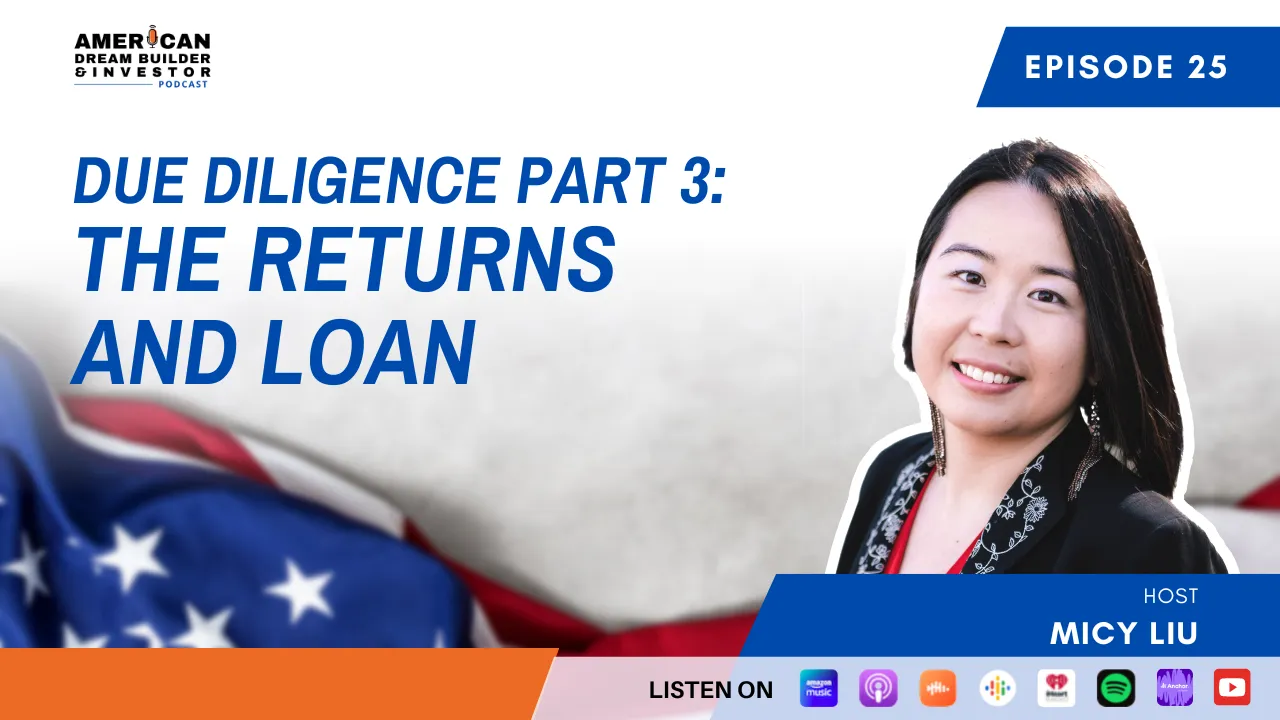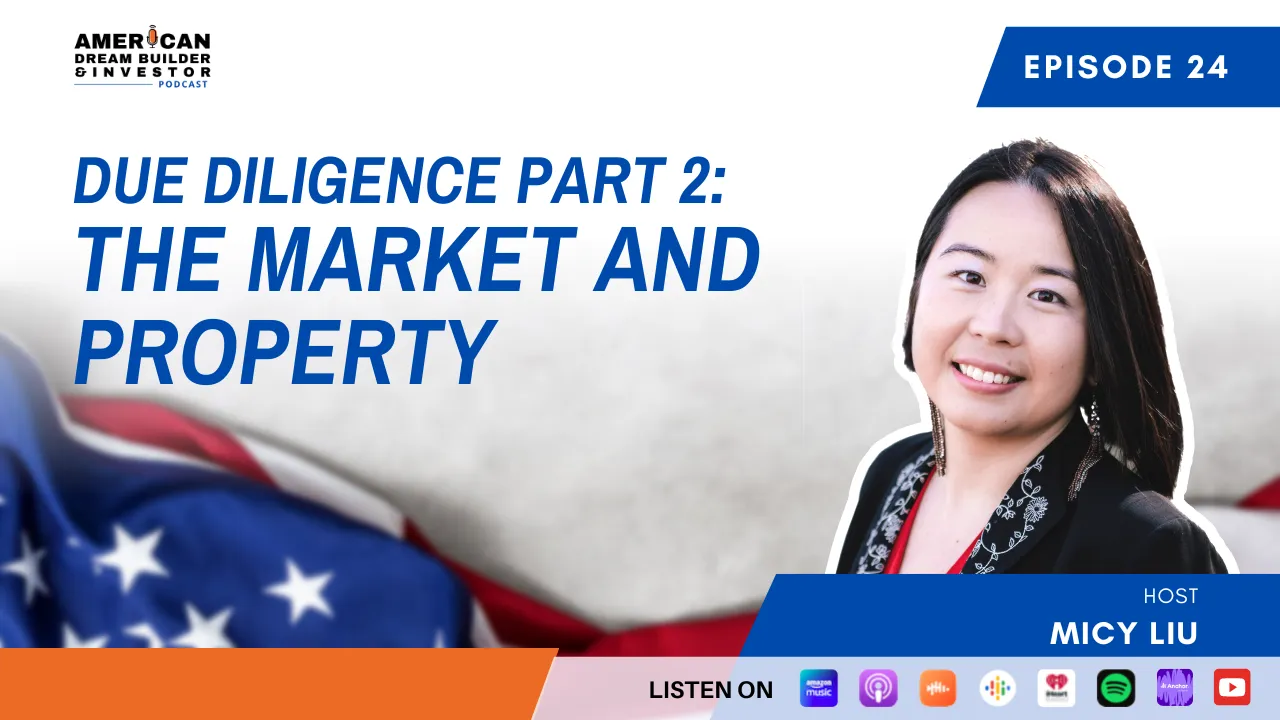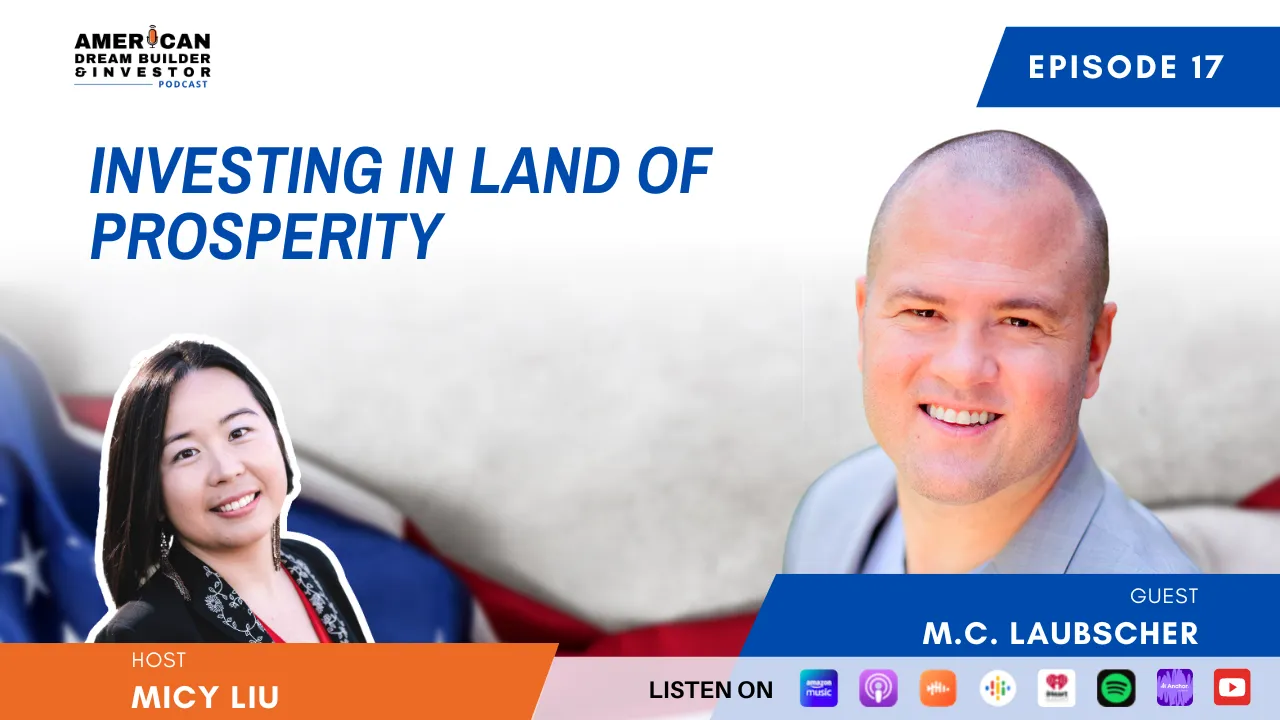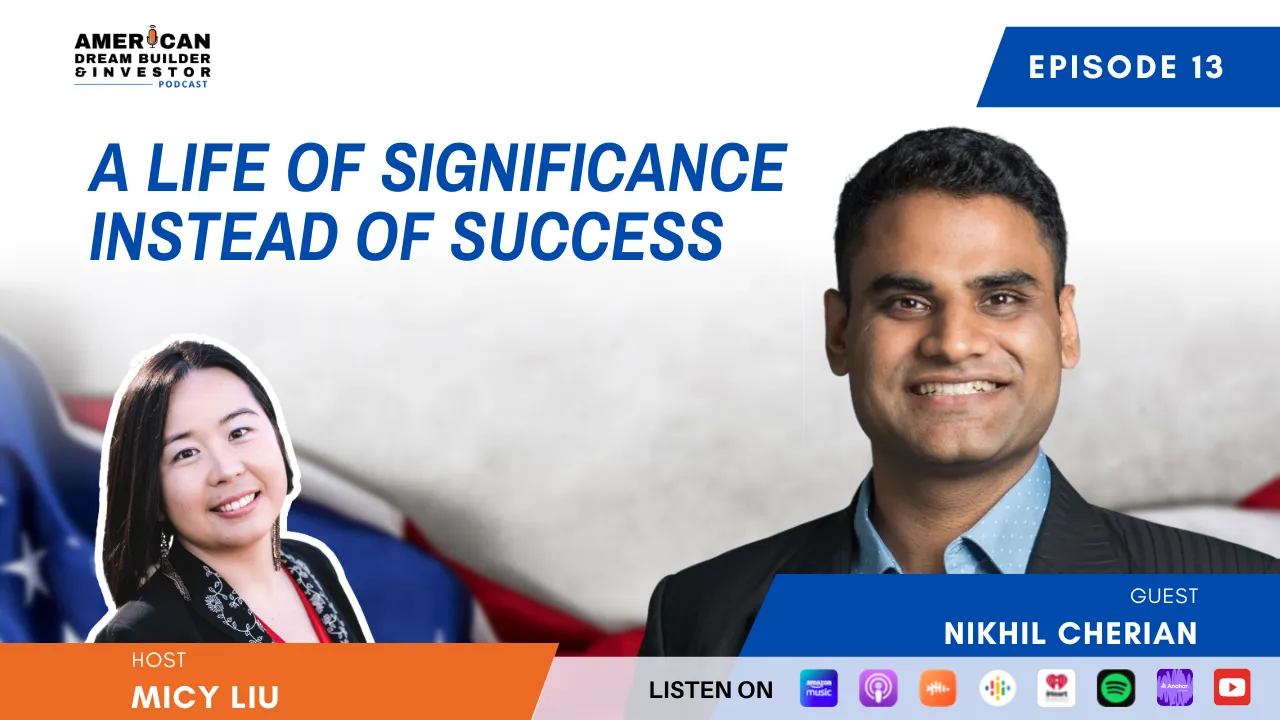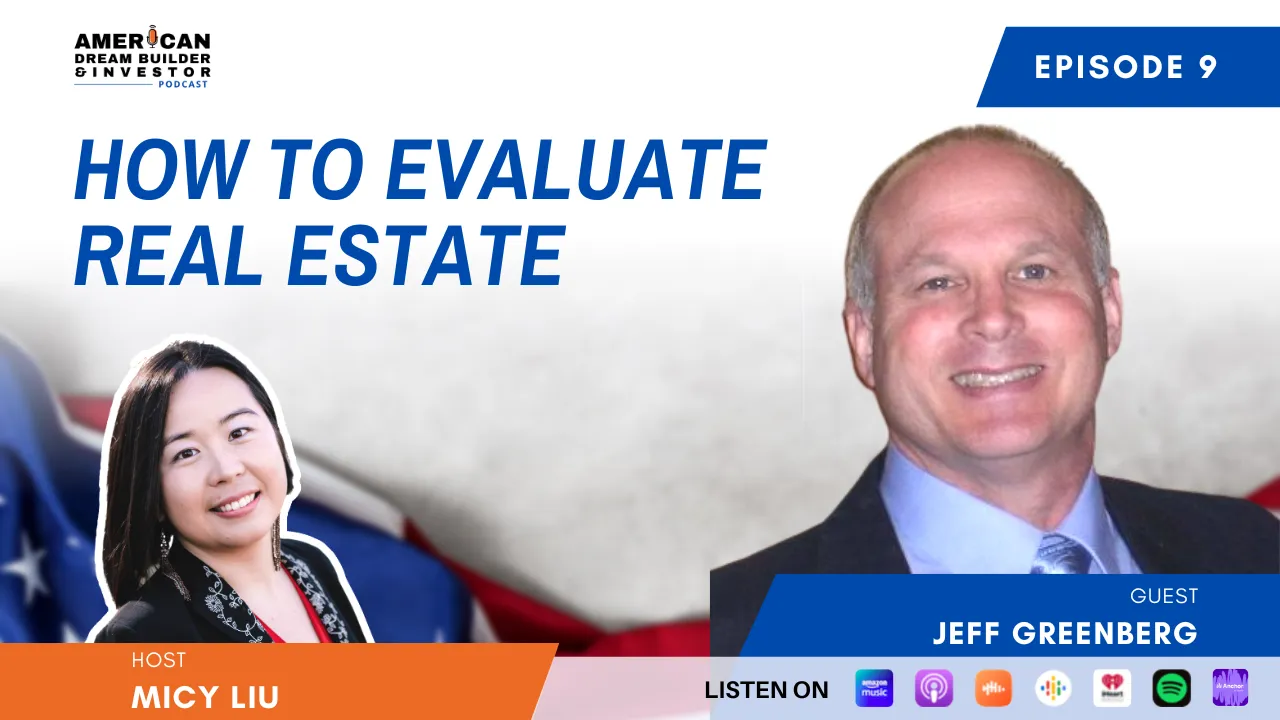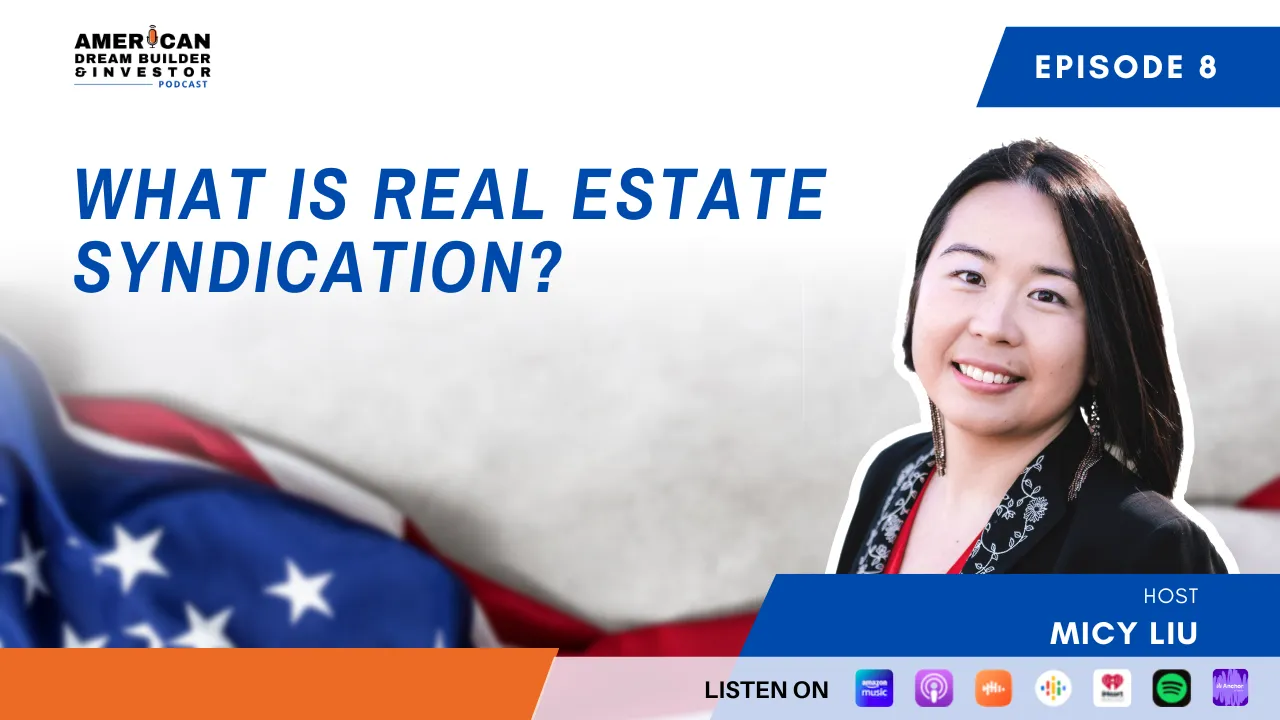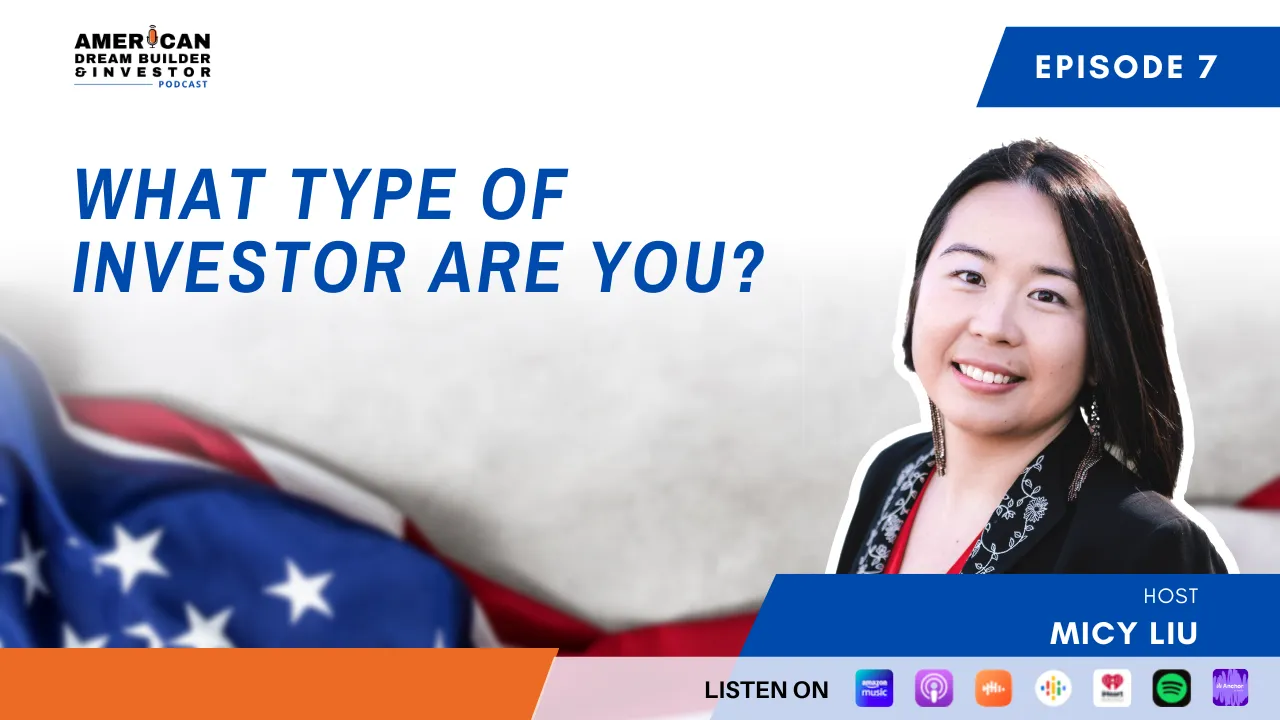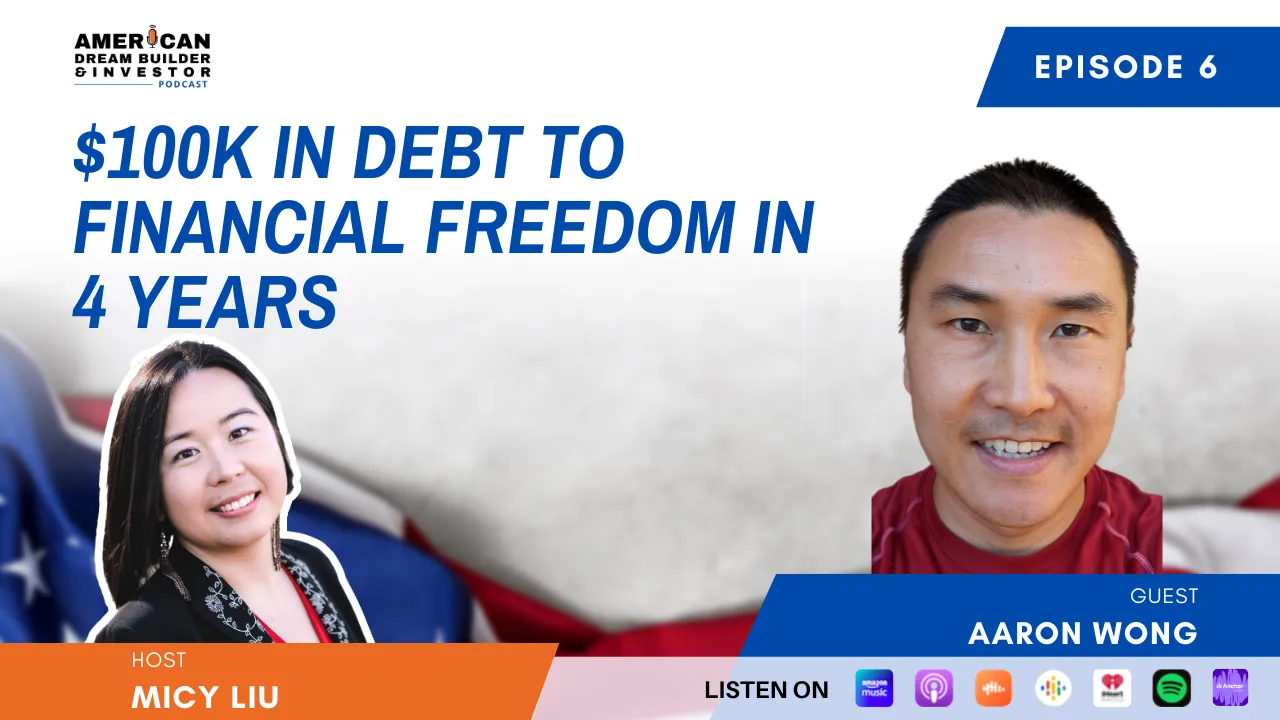How do syndicated deals work?
What is syndication in real estate?
While there are other ways to passively invest in real estate, investing via syndicated deals has proven to be one of the higher returns, lower risks, and better controlled real estate investment. When multiple investors pool their funds to invest in an LLC that invests in a real estate asset state, it is called Syndication. By doing so investments that are beyond the reach of an individual investor become accessible to investors. As they offer investments all real estate syndications are supervised and governed by the Securities and Exchange Commission (SEC). Therefore, each offering is required to submit all the documents and report to the SEC. Due to the benefits of syndication deals, in 2020, over 120,000 investors participated in syndications with an average size of the offering of $3 million.
In syndication, there are investors like you and deal sponsors (syndicators) that are usually private equity firms like us at Life Mission Capital. The deal sponsor (aka deal sponsors, syndicators, syndicating companies) will be actively involved in finalizing and sourcing the investment opportunity, looking after all the documentation, upkeep of the property, raising capital and placing debt, dealing with all the investors, property management, executing business plans and exit of the investment. That allows passive investors in the syndication to take a hands-off approach in the investment and focus on their passion, family, and other areas while watching the investment grow and enjoying all the real-estate and multi-family related benefits mentioned earlier.. Even though the majority of the equities required are from passive investors, it is recommended to have syndicators invest in 5%-20% of the deal and have some skin in the game. Of course, there are more steps that private equity firms like us take in selecting the apartment deals that suit them. But in short, it offers the passive investors the opportunity to invest in specific apartment buildings, receive cash flows, watch property appreciates, getting tax benefits while focusing on other aspects of their life.
We have an example below to demonstrate how the numbers work as a passive investor at a high level. Please note that your specific investment can perform higher or lower than this depending on the deal.
For a 100 unit property, $10,000,000 purchase price.
- Need $3,000,000 down payment.
- Earn 10% ($300,000) per year cash flow
- Sell end of Year 5 for $11,500,000 and make 50% gain from appreciation ( $1,5000,000 gain)
- Year 1 Depreciation of ~ $3,000,000 = tax saving of $1,110,000( laws until Dec 2022)
What passive investors will get:
- Invest $50,000 and assume an 80% /20% LP /GP split
- Earn 8% ($4000) per year cash flow
- Earn $20,000 in Year 5 sale
- Get $50,000 Year 1 Depreciation = $18,500 tax saving
- 5 year return = 80% total (16% avg annual return)
- 5 year tax adjusted return ~ 23% avg annual return
Control and voting rights of a passive investor in Syndicate
As a passive investor in the syndication, you have access to the deal information, all the offer transactions, post-funding updates, and the performance of an investment. Your control in a syndicate will be limited, so passive investors are also called Limited Partners in a syndicate. In a syndicate, as a passive investor, your liabilities and control will be limited. You can only lose the invested capital in the property deal, and you will be protected by the SEC in case any lawsuit is filed against you or there is any loss to the property. There are risks in all investments. At Life Mission Capital, we leverage our years of conservative underwriting experience to help the investors get the most out of the deal.
Typically, your role as a passive investor in a syndicate will be limited to capital funding only. All the major decisions and day-to-day operations will be taken care of by the deal sponsor.
However, passive investors will have voting rights based on the operating plan of the LLC that manages the property. At times you as a passive investor can also vote over a property refinance or sale. It is highly recommended to go thoroughly over the Operating Agreement to know about your rights as a passive investor related to a particular deal.
To learn more, check out our free ebook on “Passively Invest in Apartments with no tenants or toilets” here.


